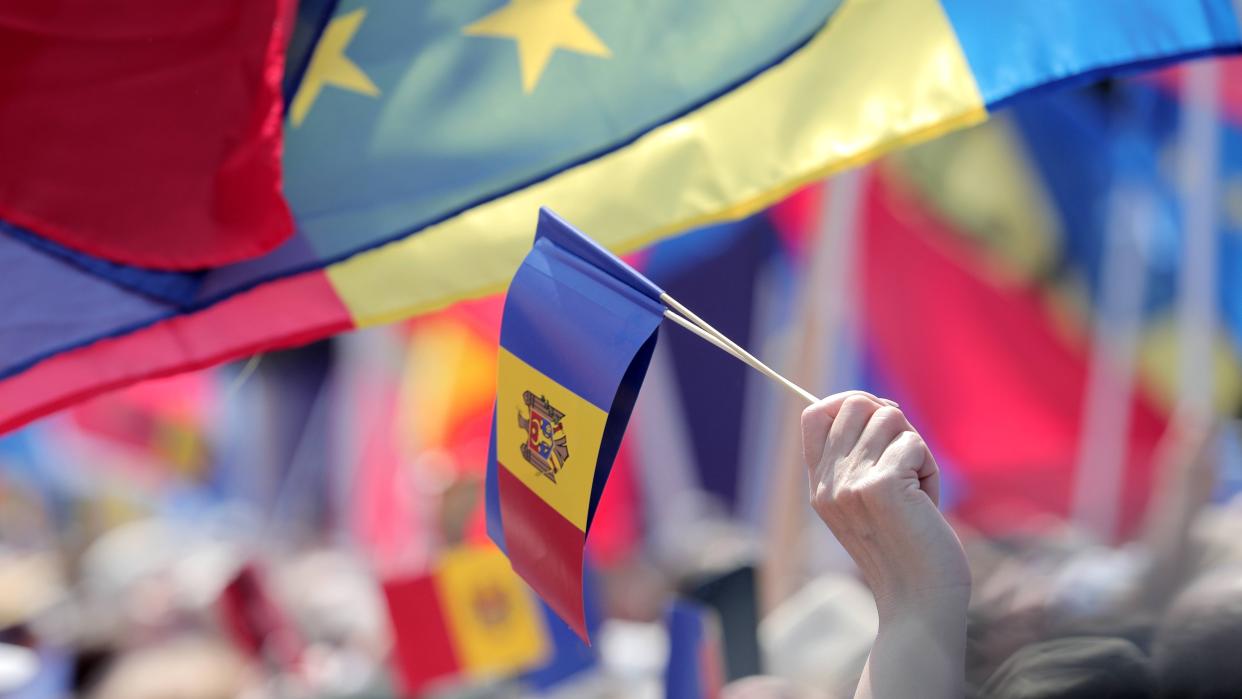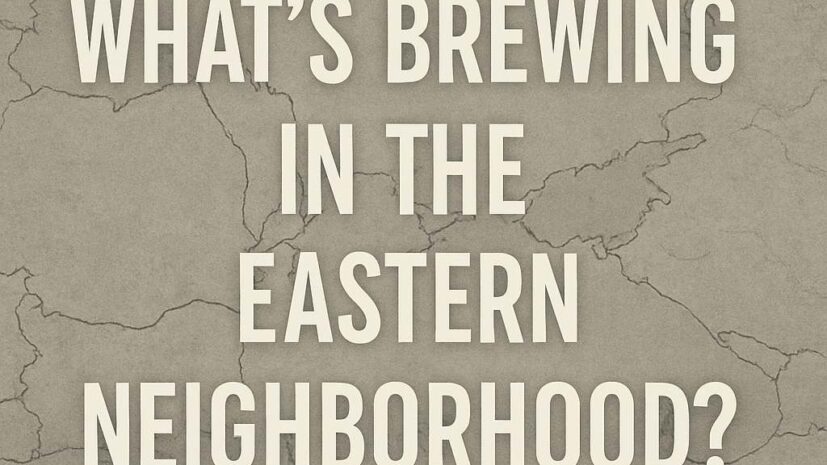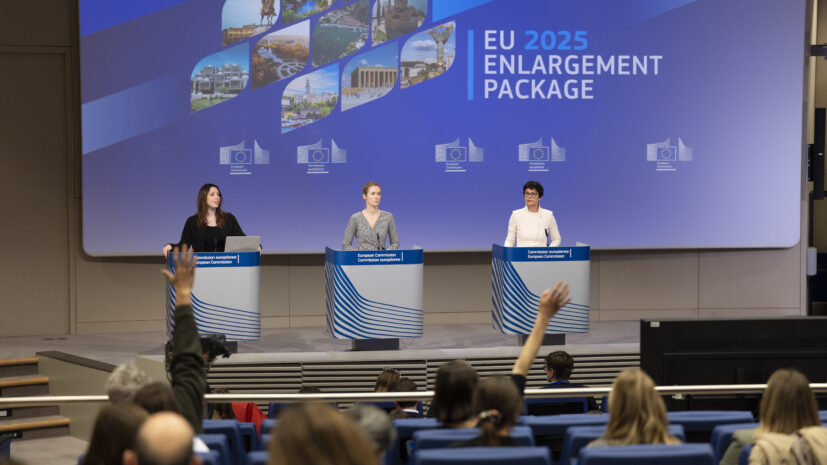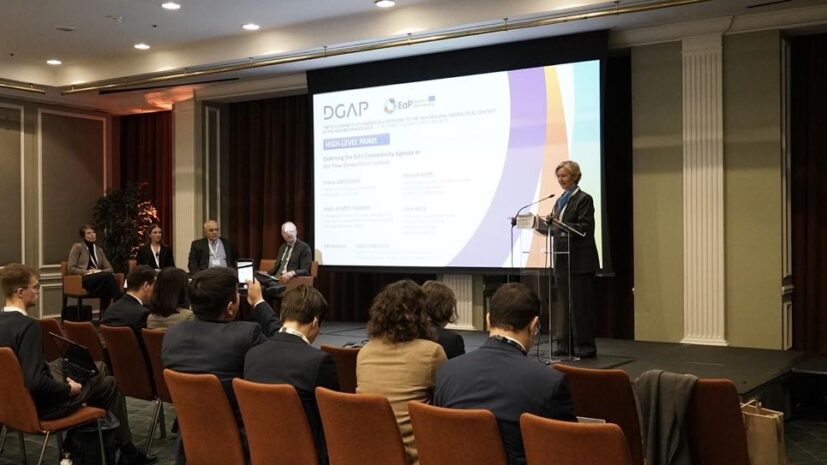The challenges are unprecedented. Russian-backed hybrid threats, from the financing of spoiler parties to energy blackmail and disinformation campaigns, continue to test Moldova’s democratic institutions. Internally, economic hardship and governance gaps, particularly in underserved rural regions, fuel public skepticism and deepen societal divisions. For many, the EU represents not shared democratic values, but a promise of economic relief. This leaves Moldova’s reform agenda vulnerable to short-term frustrations and external manipulation.
Yet amid these pressures, Moldova’s diaspora has emerged as a decisive force for change. Beyond remittances sustaining the economy, the diaspora’s political engagement has proven transformative. In both the 2021 and 2024 elections, diaspora voters overwhelmingly backed pro-European candidates and initiatives, tipping electoral outcomes in favor of reform and alignment with the EU. Over 82% of diaspora voters supported Maia Sandu’s re-election and 77% endorsed the constitutional commitment to EU integration.
This white paper presents a vision for Moldova’s future grounded in the experiences and expertise of its global diaspora. It calls for a sustained, collective effort to strengthen Moldova’s democratic institutions, build social cohesion, and advance a strategic, values-based path to EU membership. Anchored in the principles of European integration, it proposes concrete avenues for collaboration among diaspora communities, Moldovan authorities, civil society, and international partners.
Moldova’s democratic resilience will depend not only on resisting external threats, but also on uniting its people—at home and abroad—around a shared vision of a stable, inclusive, and European future.
You can read the full publication by Anastasia Pociumban, Dorina Baltag, Victoria Căpătici & Oleg Chirița that was published by the German Marshall Fund here.




